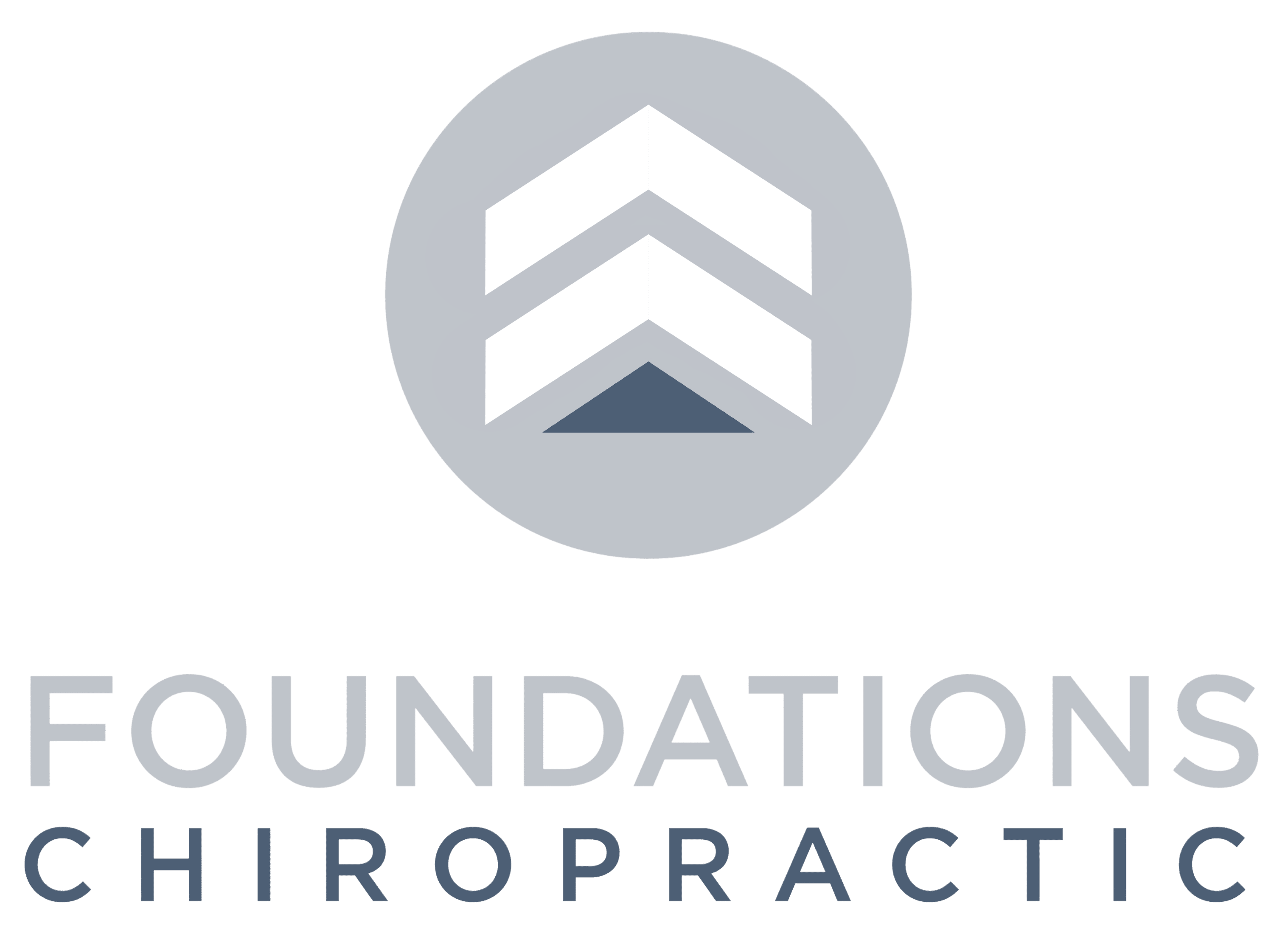Being a parent is a mix of beautiful moments and tough challenges. If you’re a new parent, you might be wondering, “How can I make sure my little one grows up healthy and happy?” With so many different opinions out there, figuring out what’s truly good for your baby can be pretty overwhelming.
That’s why we’re here to give you some clear advice and a confidence boost. In this blog, we’ll dive into the four basic things that babies under 4 months should be working on. These are the building blocks for your baby’s health, growth, and progress. Every smile, every little achievement, and even those tricky moments all come back to these important steps. So, if your baby’s dealing with stuff like colic, constipation, sleep problems, or slow development, keep reading to get the know-how to support your little one’s well-being.
The Science Behind Infant Development
In the initial few months of life, infants go through remarkable transformations. However, encountering issues such as colic, constipation, or reflux can lead to countless sleepless nights, which may make you wonder if your struggles are normal or if others are facing the same challenges. While each infant is unique, has good days and bad days, and develops at their own pace, understanding the typical small behaviors and milestones can give parents the confidence they need to get help for their babies or the confidence to stay the course.
The four cornerstones of infant development are: Eat, Sleep, Poop, and Motor Function.
These are the pillars upon which your baby’s well-being rests, and mastering them can make all the difference. Below is what each cornerstone should look like for your infant.
- Eat (Breastfeeding or Bottle Feeding)
- A comfortable and easy latch during feeding
- A strong suck that doesn’t involve biting or excessive air intake
- Controlled and effortless swallowing, adjusting speed as needed
- Minimal or comfortable post-feeding spitting up
- Sleep
- The ability to self-soothe and sleep soundly
- Comfort in multiple sleeping positions
- The development of a sleep-wake cycle after a few weeks
- The ability to sleep in longer stretches of 2-3+ hours at a time
- Poop
- Efficient food digestion
- Minimal gas or grunting during sleep
- Regular and frequent bowel movements (the frequency varies but should be multiple times a day during the first 2-3 months)
- Minimal strain or discomfort during bowel movements
- Motor/Foundation Movements
- Steady head and neck control without external support
- Tracking objects with visual attention
- Responding with smiles upon hearing your voice
- Engaging with hands, including opening and closing them
- Bringing hands to the mouth
- Comfort and willingness to participate in tummy time and interact with toys and people (typically around 3-4 months)
In contrast, if your baby encounters challenges in any of these areas, you may notice:
- Frequent stiffening, arching, head and neck discomfort, and excessive crying
- Difficulty maintaining head elevation during tummy time
- Premature attempts to stand with a stiff and tense posture
- Persistent problems related to sleep, digestion (commonly constipation), and immune function
- Excessive crying, distress, reduced eye contact, diminished smiles, interaction, and babbling
Consequences of Birth Trauma
Digging into the core issue behind your baby’s struggles, we often find birth trauma as a recurring factor. It can seriously impact crucial areas in the brainstem and cerebellum, which are vital for basic functions like eating, sleeping, pooping, and movement.
Things like the baby’s position during pregnancy, how long the birth process takes, or any medical interventions like c-sections, vacuum extraction, or forceps delivery can put pressure on the sensitive tissues in the upper neck and brainstem. These parts are super important for regulating the autonomic nervous system, coordinating movement, supporting the immune system, and aiding digestion.
Basically, if your little one went through some stress during pregnancy or delivery, it could affect how comfortably they eat, sleep, poop, and move comfortably.
How Can Chiropractic Care Help?
As Neurologically-Focused Pediatric Chiropractors at Foundations Chiropractic, we possess the expertise in helping infants who have endured birth trauma and may be experiencing struggles related to eating, sleeping, pooping, or movement.
If your baby exhibits signs of colic, reflux, constipation, or difficulty sleeping or eating, these are all indicators that your infant’s nervous system is involved. By optimizing your baby’s nervous system function and supporting development, our neuro-tonal chiropractic adjustments can be instrumental in fostering a healthy and thriving baby.
Don’t be disheartened by the notion they will “grow out of it.” We are here to offer support for your baby now! If you are not local to Fountain City, WI, please check out the PX Docs directory to find a doc local to you. As PX Docs, our goal is to help your baby grow up with a solid foundation to be resilient, healthy, and thriving!

